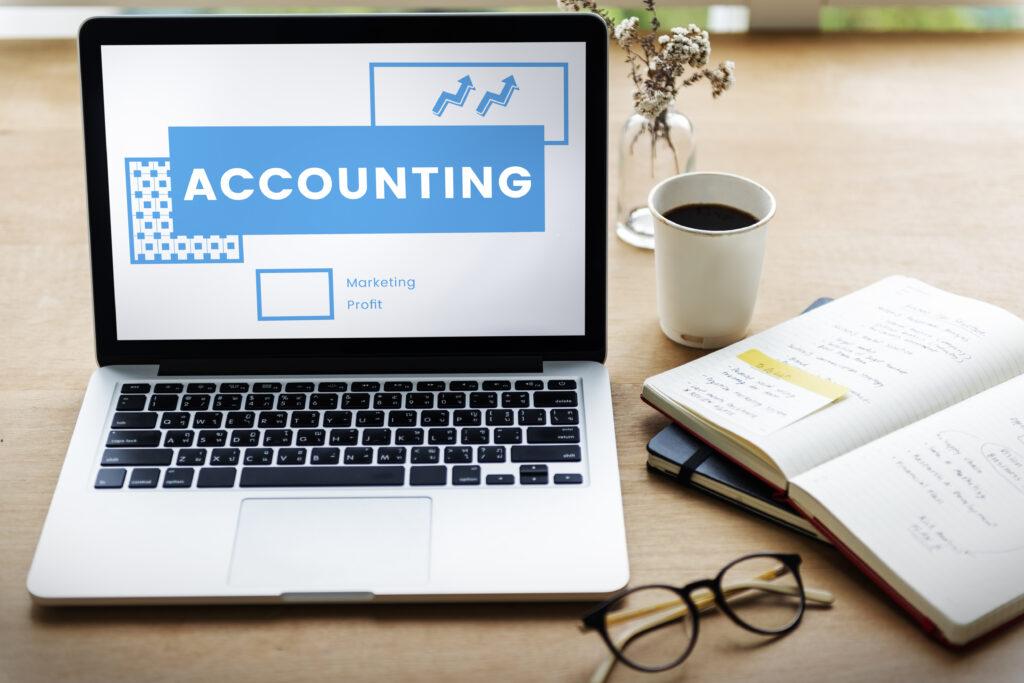When the Covid-19 pandemic hit the world, it showed how significant the role of accountants is to sustain businesses. CPAs experienced a paradigm transformation from preparing taxing & financial statements to offering advisory.
CPAs provided meaningful advisory to small businesses to prepare better cash flow and access the government relief measures.

In short, CPAs helped businesses manage their finances, thus moving from essential to vital service providers. For accounting firms, themselves, remote work is an unprecedented move. As accounting firms moved from physical to digital, it made them rethink and review their technological lens.
Let’s discuss how accounting technology benefits CPA Accounting Firm in the post-pandemic environment.
Technologies for CPA Accounting Firm
In the 2021 ENGAGE Conference, Tom Hood, Executive Vice President of the AICPA, said, “The use of AI, robotic process automation (RPA), the cloud, and other technologies advanced five years during the pandemic.”
The pandemic cleared one thing; firms need to adopt technology-driven accounting processes to create a centralized data system and future-proof working.
The technology for accountants has helped accountants to generate analytics reports faster and provide futuristic services to more businesses.
Here are some ways accounting technologies can benefit CPA firms in the post-pandemic environment.
Centralized data management, mainly through automation, helps accounting firms to reduce errors and automate time-consuming tasks.
Automation creates robust dataspaces that allow CPAs to analyze and share data easily. It improves efficiency and reduces costs.
AI-powered technology crawls through the accounting data and leverages ML to study patterns in accounting information. The AI and ML gather and present structured and unstructured data to help accountants understand “how” and “why.”
CPAs need data more quickly than before in a pandemic, and firms cannot rely on past year data. Rather than finding correct data, automated accounting technology can bring pertinent data to the accountant’s fingertips.
AI systems can help accountants access all information, find trends, and make sense to build reports.
Accounting technologies help CPA Accounting Firm to build integrated environments to leverage valuable financial data, build growth-centric business plans, and build resiliency.
AR, VR, and other technologies can easily provide new ways to analyze, explore, and share data. These technologies can help accountants collaborate with finance, strategic planning, and build integrated operations.
Potential Risk to Consider
Firms investing in technology to increase efficiency and productivity must consider its risks.
These risks include:
- Firms buy technology that isn’t used usefully, or employees aren’t properly trained on possibilities for solutions. A culture of technology-aversion can resist firms do not use these new technologies.
- Some employees find new technologies too complex to use, so they resist using them. As a result, some teams may adopt technology, while others won’t.
- Compromised endpoints might open doors for data misuse and ransomware.
To Conclude
The scope of work for accounting firms has expanded beyond bookkeeping and accounting. Incorporating technologies like AI, ML, cloud computing, and many more help firms to serve in a better way.
The evolution in accounting technology has potential growth in the future. There is a broad range of skills that an accountant should learn before applying and integrating with other software.
